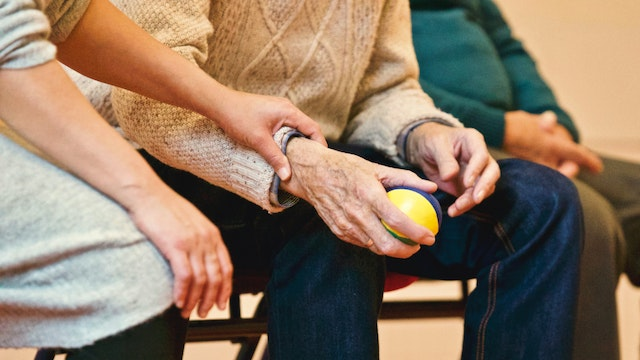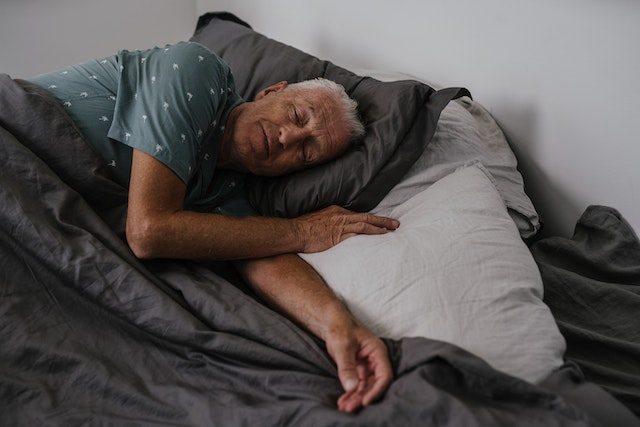
Why you Should Target Age Related Hormone Decline for Longer Life
Time to read 2 min
Time to read 2 min
The effects of age related hormone decline can impact various functions in the body, such as vitality, metabolic health, and overall energy. There may be a loss in muscle mass and strength in older men and women, as with age there is a decline in the hormonal activity of the body.
However, the risks associated with long-term hormonal decline in men and in women can lead to critical chronic conditions such as osteoporosis, diabetes, hypogonadism, etc. Doctors et al recommend getting tested regularly to keep a better track of the core symptoms you may be experiencing.
It's vital to understand the core signs of age related hormone decline so that you can take the necessary actions within time. You can also prevent the escalation of certain conditions by introducing the right hormone treatments.
Your metabolic health and energy levels may be impacted by age related decline in hormone production. You can start with thyroid treatment if you have an underactive thyroid which is causing the issue.
Mood management may be a challenge due to an inherent hormonal issue. Your endocrine system may be impacted by age related changes as well.
You may experience weight gain caused by a hormonal imbalance, which can rise over time.
There is a decline in testosterone, growth hormone (GH), and other hormone production with age. Several men opt for hormone replacement therapy or TRT to the effect of improving their hormone and the overall vitality.
You should get tested when you are experiencing lower vitality and overall drive. This may be as a direct result of your body's hormonal system being impacted due to age.
Infertility is a critical sign that there may be a hormonal issue present. You may start to experience this, along with erectile dysfunction, or poor erection quality.
It may take you longer to heal after an injury or a fall, which can lead to further complications with pain management over time.
Your risk of developing chronic conditions, including osteoporosis and arthritis, can increase significantly when you have an underlying lowering of hormone levels.
Your quality of life, levels of happiness, and sense of vitality can all be impacted by age related hormone reduction.
Memory loss can be a common sign of age related slowing down of hormone production. You should get a complete hormone test done to know the core reasons why.
There may be a significant loss of bone density and muscle, which can lead to chronic conditions over time.
Improving the intake of healthy fats can boost your hormonal production, along with following a healthy diet.
You should get your hormone profile done regularly to know if you have an underlying deficiency.
If you have a deficiency in a specific hormone then getting treatment for it in a timely way can help significantly.
Sleep is one of the most beneficial ways of managing age related decline in hormone levels. Improving sleep can lower cortisol and stimulate normal thyroid functioning.
*Medical Disclaimer - The following information is for educational purposes only. No information provided on this website, including text, graphic, and images, are intended as substitutes for professional medical advice. Please consult with your doctor about specific medical advice pertaining to your condition(s).


